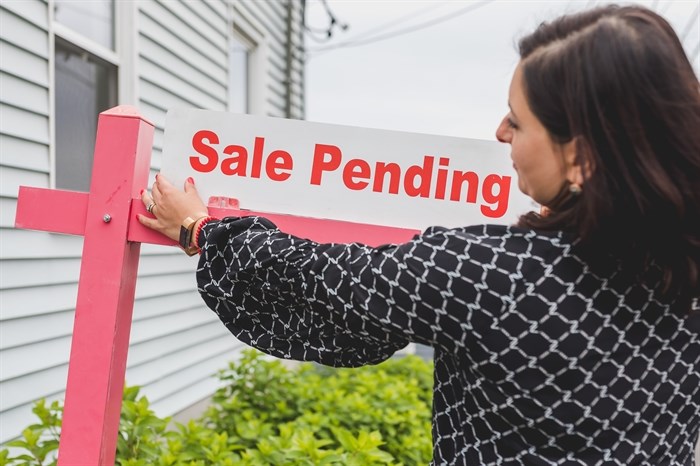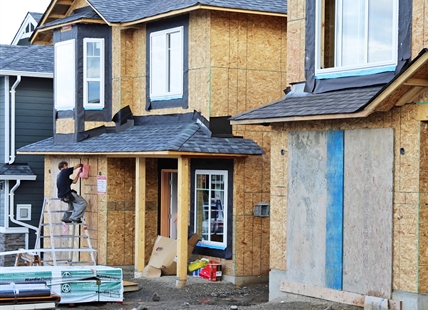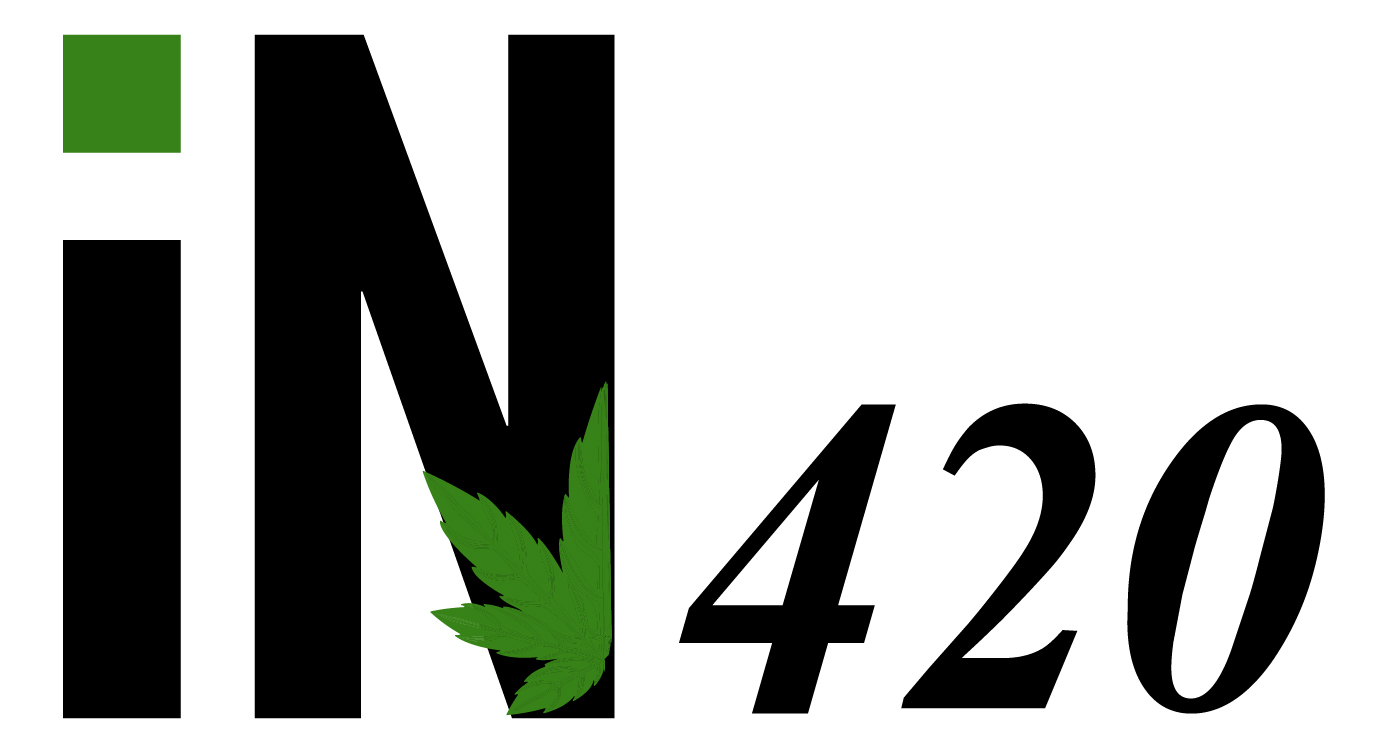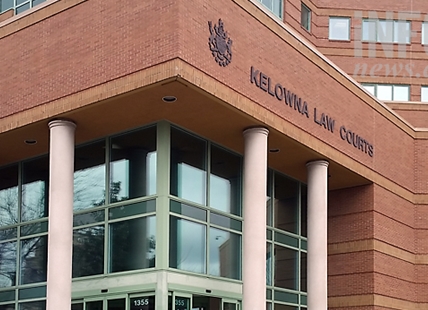The perils of buying Okanagan real estate during fire season
BC's wildfires have cost a prospective property buyer $100,000 after he was denied insurance while trying to buy a $2.5 million Kelowna home.
According to a recently published June 18 BC Supreme Court decision, prospective buyer Laszlo Huszti put a $100,000 deposit down on the pricey Kelowna home with one of the subjects being that he would get fire and property insurance.
When the standard real estate contract was signed in April 2023 there was no condition for Huszti to get financing before the sale was completed with sellers Mark Cooperstone and Ryan Seitz.
Two weeks after signing the contract, Huszti waived all conditions including the insurance condition making his obligation to buy the property unconditional.
The closing date was pushed from June to August but as the summer rolled on, forest fires began and played an unexpected role in Huszti's ability to close the deal.
READ MORE: Increase in number of homes for sale but prices steady across Okanagan, Kamloops
Forest fires in the South Okanagan had led to insurance companies putting a moratorium on giving out new policies.
"(Huszti) found himself unable to secure insurance as he had expected," BC Supreme Court Justice Geoffrey Gomer said in the decision.
As he needed to borrow money to buy the property, he now found out that he couldn't get a mortgage without insurance.
The closing date was pushed another month, but even by the end of September he still couldn't get property insurance and therefore couldn't secure a mortgage.
As the closing date passed without Huszti getting the money, the sellers terminated the contract and kept the $100,000 deposit.
They then all ended up in court.
Huszti argued that the contract had been "frustrated" - a legal term to mean that the contract couldn't be carried out because of something that neither side could have contemplated and which was no one's fault.
READ MORE: Little accountability when BC builders make mistakes
He said the insurance moratorium brought about an unforeseen "radical change" which "frustrated" the contract and therefore he should get his $100,000 back.
However, the justice didn't see it like that.
"The moratorium did not change the nature of the defendant's obligation to pay the balance of the purchase price. It did not change the legal nature of what he would receive in exchange," BC Supreme Court Justice Geoffrey Gomer said in the decision. "Title to the property was unaffected by the moratorium. The physical state of the property was unaffected by the fires in the area."
The Justice said the insurance moratorium affected Huszti's ability to get financing, but the contract never mentioned financing.
"So far as the (sellers) were concerned, they were dealing with a buyer who would tender cash on closing. There is no evidence that they were made aware of his intention to obtain financing," Justice Gomer said.
The Justice said one of the subjects of the contract was insurance, but Huszti removed it.
"In so doing, he assumed the risk that an unexpected difficulty might arise when it came to actually obtain insurance," the Justice said. "That difficulty having arisen, I do not think it qualifies as the kind of radical change required under the authorities to frustrate the contract."
Ultimately, the Justice ruled that the contract was valid and it was up to Huszti to buy the property, because he didn't he'd breached the contract and sellers didn't have to pay him back his deposit.
On top of losing $100,000, Huszti is now on the hook for court expenses.
To contact a reporter for this story, email Ben Bulmer or call (250) 309-5230 or email the editor. You can also submit photos, videos or news tips to the newsroom and be entered to win a monthly prize draw.
We welcome your comments and opinions on our stories but play nice. We won't censor or delete comments unless they contain off-topic statements or links, unnecessary vulgarity, false facts, spam or obviously fake profiles. If you have any concerns about what you see in comments, email the editor in the link above. SUBSCRIBE to our awesome newsletter here.








